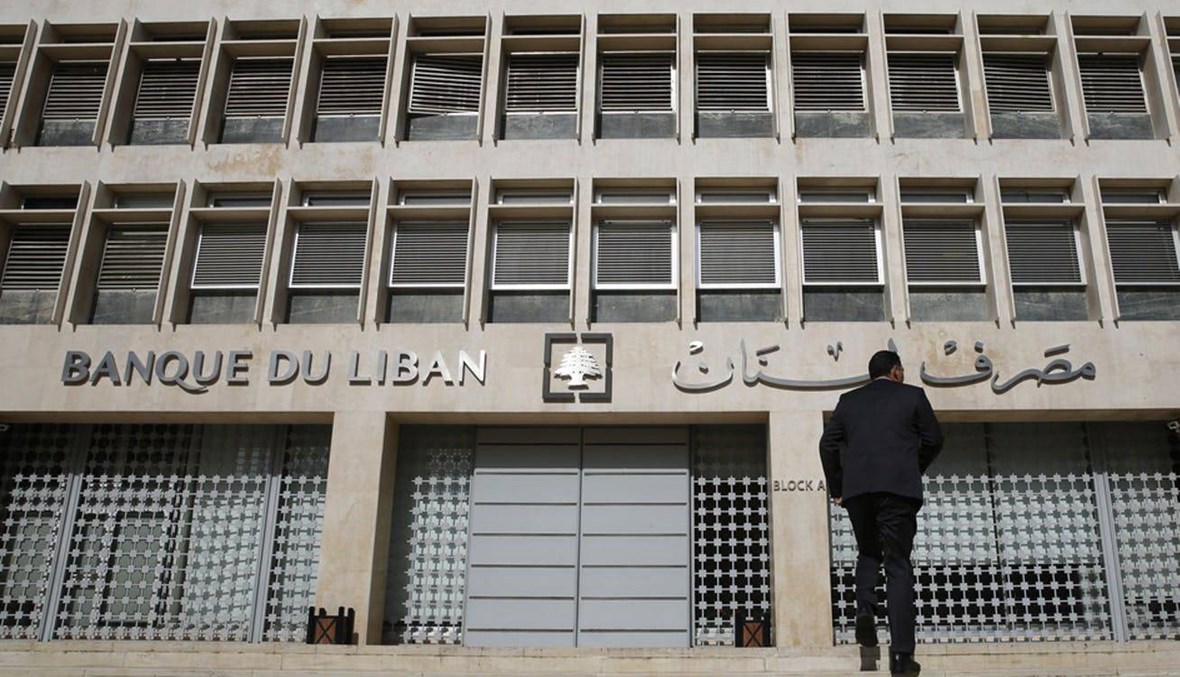Lebanon looking into floating peg and restructuring banking sector
BEIRUT: Lebanon's government is looking into officially abandoning the decades-old 1507 lira to dollar peg and resorting to a bail-in to offset commercial banks' losses while seeking external financing of $10 billion-$15 billion over the next five years
The plan, dated April 6, was drafted by Financial advisory firm Lazard, sources say. It maps out losses of $83.2 billion in the economy with losses incurred by the Lebanese banks in their portfolios of assets reaching a total US$62.4 billion. The central bank, also known as Banque du Liban, has incurred losses of more than $40 billion, "mainly due to the so-called financial engineering operations it began conducting in 2016 and which boosted its reserves," Bloomberg noted.
First, the plan will "implement a full bail-in of existing shareholders (i.e. a US$20.8 billion capital write-off). Second, the balance of losses (i.e. US$62.4 billion) will be covered by a transitory "exceptional contribution from large depositors" to restructure the central bank and commercial banks.
"Conducting a full restructuring of the banking sector will require new legal powers for the government and the relevant supervisory bodies," the plan noted.
It also outlined a special fund to compensate depositors’ losses that result from a restructuring.
The Lira peg, which has been in place since the 1990s, will be dissolved gradually. The exchange rate will be weakened to 2,607 lira to the dollar in 2021, and to 2,979 in 2024. The official dollar peg has been set at 1,507.5 lira since 1997 but it has lost more than 40 percent of its value in a mere four months.
The plan also seeks to slash Lebanon's debt to GDP ratio, steadily declining from its current 176% to 103.1% by 2024.
The budget deficit, meanwhile, would shrink from this year’s 7.2 percent of economic output to 1.3 percent in 2024, the plan says.
Last month, Lebanon defaulted on its payment for the first time in its history, announcing that it would stop paying all foreign currency Eurobonds scheduled for this year.
"External support from various sources are projected to total US$10-15 billion over 5 years and will be complemented as needed with contributions from bondholders in the context of the debt restructuring and a strategy of returning to the international capital markets in the medium run," the report says.


 اشترِك في نشرتنا الإخبارية
اشترِك في نشرتنا الإخبارية











